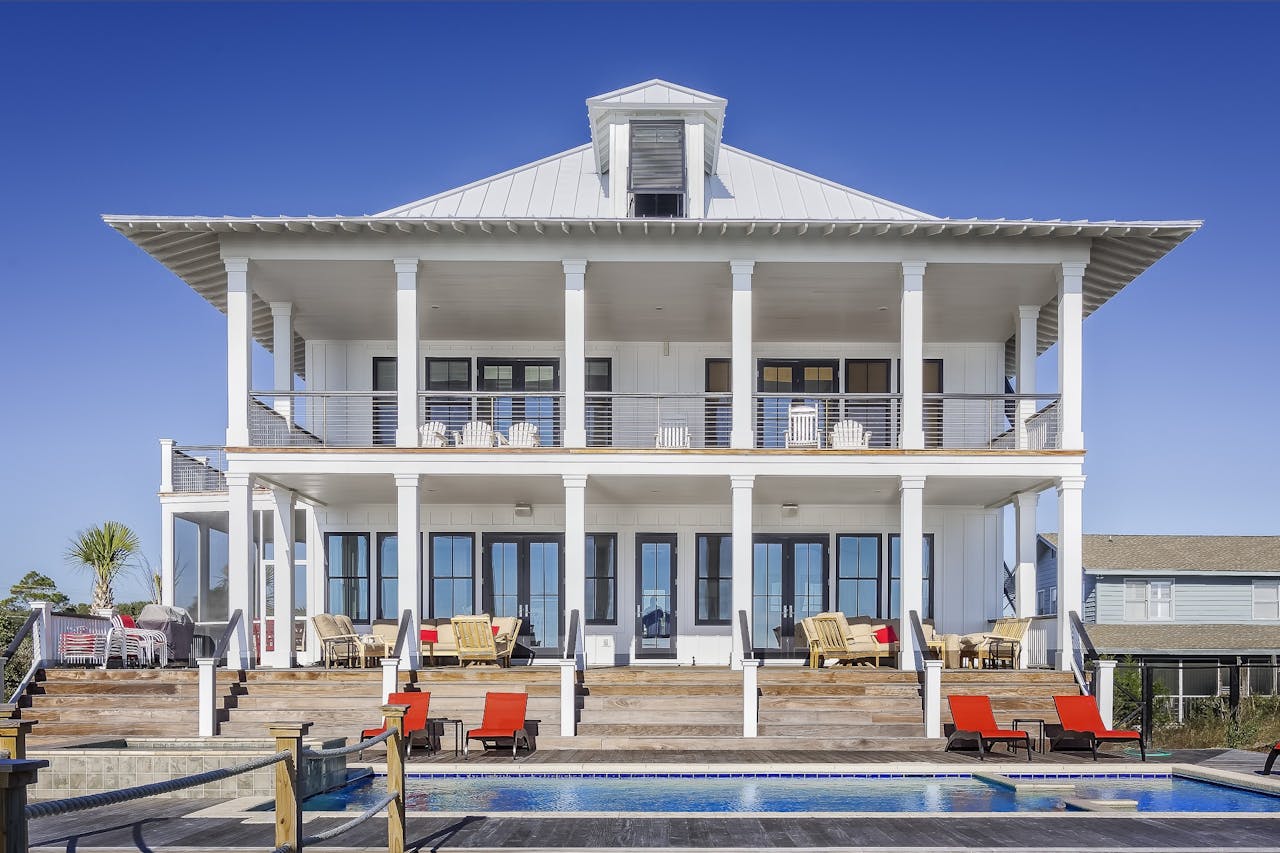Introduction:
Dubai, with its skyline punctuated by architectural marvels, is a city where dreams are built. For those looking to create their own oasis of luxury and comfort in the form of a villa, navigating the regulatory landscape can seem daunting. However, understanding the villa contracting and civil defense approval guidelines is crucial to turning those dreams into reality. In this comprehensive guide, we’ll delve into the intricate process of villa contracting in Dubai, exploring the key regulations, requirements, and best practices to ensure a smooth and successful project.
Understanding Villa Contracting in Dubai:
Building a villa in Dubai involves a series of steps, starting with the initial planning and design phase and culminating in the issuance of a completion certificate. At the heart of this process lies villa contracting – the formal agreement between the property owner and the construction company responsible for bringing the project to life.
Choosing the right villa contracting and villa renovation Dubai company is paramount, as they will be tasked with overseeing every aspect of the construction process, from procuring materials and labor to adhering to building codes and regulations. It’s essential to select a reputable contractor with a proven track record of delivering high-quality projects on time and within budget.
Once a contractor has been chosen, the next step is to obtain the necessary approvals from the relevant authorities, including the Dubai Municipality and the Dubai Civil Defense. These approvals are required to ensure that the villa complies with all safety, structural, and aesthetic standards set forth by the government.
Navigating Civil Defense Approval:
Civil defense approval is a critical component of the villa construction process in Dubai, aimed at ensuring the safety and security of occupants in the event of a fire or other emergency. Obtaining civil defense approval involves submitting detailed plans and specifications to the Dubai Civil Defense Authority (DCDA) for review and approval.
Key considerations during the civil defense approval process include:
Fire Safety Measures: The villa must be equipped with fire detection and suppression systems, including smoke detectors, fire alarms, fire extinguishers, and sprinkler systems, as per the guidelines set forth by the DCDA.
Structural Integrity: The structural design of the villa must meet stringent safety standards to withstand fire and other hazards. This includes ensuring the use of fire-resistant materials and construction techniques in accordance with DCDA regulations.
Emergency Evacuation: Adequate provisions must be made for emergency evacuation routes, including clear signage, well-lit stairwells, and accessible exits, to facilitate the safe evacuation of occupants in the event of an emergency.
Compliance with Codes and Standards: The villa must comply with all relevant building codes, standards, and regulations set forth by the DCDA, including those related to fire safety, structural integrity, and accessibility.
By adhering to these guidelines and working closely with the DCDA throughout the approval process, villa owners can ensure that their property meets the highest standards of safety and compliance.
Best Practices for Successful Villa Contracting:
In addition to obtaining civil defense approval, there are several best practices that villa owners should follow to ensure a successful contracting process:
Clear Communication: Establishing open and transparent communication with the contracting company is essential for ensuring that the project stays on track and meets the owner’s expectations. Regular meetings and progress updates can help address any issues or concerns that may arise along the way.
Quality Control: Implementing a robust quality control process is essential for maintaining the highest standards of craftsmanship and construction quality throughout the project. This includes conducting regular inspections and audits to identify and address any defects or deficiencies promptly.
Timely Completion: Villa construction projects in Dubai are often subject to strict deadlines and timelines. Working closely with the contracting company to establish realistic timelines and milestones can help ensure that the project is completed on time and within budget.
Compliance with Regulations: Compliance with all relevant regulations, including those related to building codes, zoning laws, and environmental regulations, is paramount for a successful villa construction project. Failing to comply with these regulations can result in costly delays and penalties.
Conclusion:
Building a villa in Dubai is a complex undertaking that requires careful planning, coordination, and compliance with a myriad of regulations and guidelines. By understanding the villa contracting and civil defense approval process and following best practices for successful project management, villa owners can turn their dreams of luxury living into reality. With the right team and expertise, every step of the journey can be an exciting opportunity to create something truly extraordinary in the heart of one of the world’s most dynamic cities.
